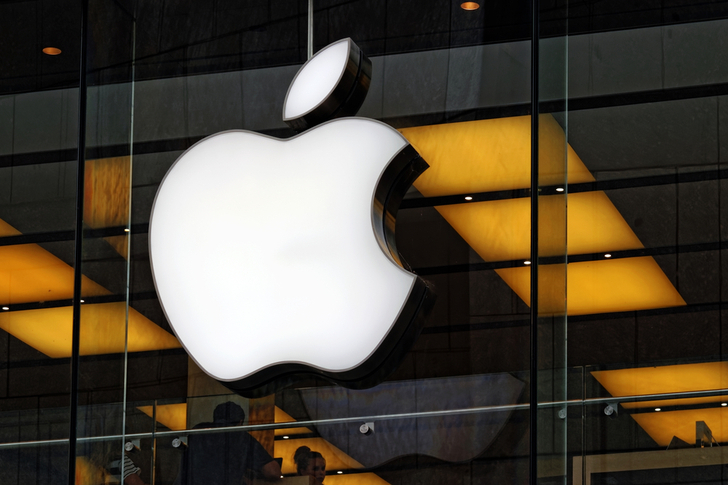Two of the world’s largest economies, the United States and China, have been engaging in a battle of tariffs since 2018. In 2019, the trade dispute between the two economic giants has gotten into full swing as the administration of US President Donald Trump increased the tariffs on Chinese products worth over $200 billion as of May that year. These range from clothing items to electronics.
As a retaliation, China also moved to raise the tariffs on US-made products like coffee and batteries amounting to $60 billion. Trump then threatened to impose tariffs on the remaining $300 billion worth of goods from China by June of that same year.
As expected, these newly imposed tariffs affected the global markets. The S&P 500 suffered a drop in percentage points, as the technology sector was hit the worst. Sales from outside the U.S. make up an average of 44% of the revenues of S&P 500 companies. But for the tech industry, the figure is 60%.

The ongoing US-Chine trade war has been affecting stocks of a variety of industries, but investors are most worried about Apple. When the massive tariff increase happened in May 2019, the stock value of Apple plummeted by 6%.
Although higher-tech products like tablets and smartphones are not part of the list in the latest round of tariff raises, these may eventually follow suit if Trump decides to push through with his threat of taxing the remaining $300 billion worth of Chinese goods. That would most likely have a significant effect on Apple.

How Will It Affect Apple?
This current economic situation affects Apple in various aspects. Not only will its supply chain get shaken up, but their sales figures might also suffer. China, including Hong Kong and Taiwan, are considered as Apple’s third-biggest market just behind the Americas and Europe. They sell large volumes of their products in the Chinese market. Their sales in China made up one-fifth of their total revenue in 2018 with $51 billion. And with the iPhone currently struggling in terms of sales, these economic disputes would inflict even more damage to their critical markets.
Aside from sales, its supply chain would also suffer. Apple relies heavily on its manufacturing partners in the Asian country for the production of its most popular products, the iPhones and the Macs.
Two of their biggest suppliers have reported decreasing financial results amid the trade war. Foxconn reported unsatisfactory financial figures in mid-2019, while the Chinese-owned company Japan Display saw a 17% decrease in the sales of their mobile display.

There have been reports that Apple is considering relocating its manufacturing to either India or Vietnam. However, a move-out of that scale would entail more losses to the company in the long-run instead of easing tariff pressures.
To find ways around the disruption of their supply chains, Apple might have to increase the prices of the products, as per Wall Street analysts. They could pass on the cost of the new tariffs to the consumers.
However, this may prove risky considering their already slow sales. If they decide to absorb the additional costs, experts predict that it will only hurt their earnings per share by 2020.





